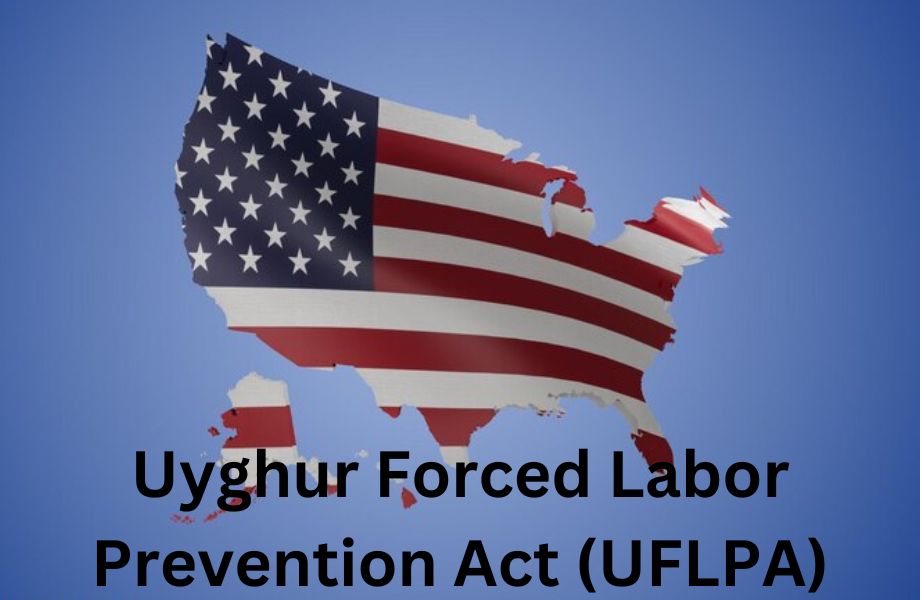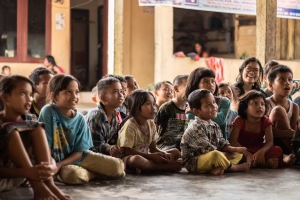US Targets Xinjiang Forced Labour, Blacklists More Chinese Firms

Washington DC, December 4: The United States has intensified efforts to prevent goods linked to alleged forced labour in China’s Xinjiang region from entering its markets, according to a report by Voice of America (VOA).
On November 22, the US Department of Homeland Security added 29 more Chinese companies to the list of entities banned under the Uyghur Forced Labor Prevention Act (UFLPA), bringing the total to 107. The UFLPA, signed into law by President Joe Biden in December 2021, is designed to block imports of products tied to forced labour practices.
Robert Silvers, a senior official at the Department of Homeland Security, stated, “The enforcement actions show that the US will not accept forced labour in goods entering our markets.”
In response, China’s Ministry of Commerce (MOFCOM) criticized the move, accusing the US of using Xinjiang’s human rights concerns as a pretext to target Chinese businesses. The ministry reiterated China’s stance against forced labour in any form, denying its existence in Xinjiang and labeling the sanctions as unjust.
However, international organizations and independent reports have presented strong evidence supporting claims of forced labour in the region. In August 2022, United Nations expert Tamoya Obokata concluded there was clear evidence of Uyghurs and other ethnic minorities being forced to work in farming and manufacturing industries in Xinjiang, as noted by the VOA.
Adding to the controversy, an October report by the Center for Advanced Defense Studies (C4ADS), a Washington-based research group, revealed that Uyghur forced labour is also being exploited in China’s pharmaceutical sector. The report highlighted abuses such as land seizures without consent, forced factory labour, and non-consensual medical experiments involving Uyghurs.
The enforcement of UFLPA demonstrates the US’s commitment to addressing human rights abuses and ensuring ethical trade practices, despite ongoing disputes with China over the allegations.







